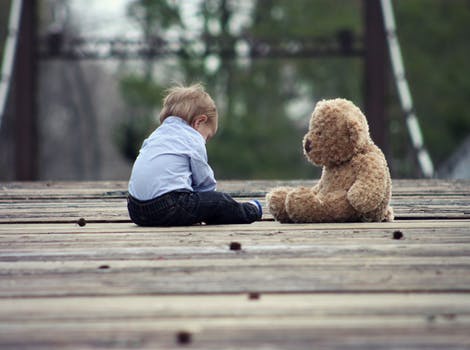Only three care orders, which remove a child from an abusive family environment, have been issued in Gozo since 2011, statistics presented in parliament show.
Although Gozo accounts for nearly 8% of the Maltese population, care orders issued by the the national agency for children Aġenzija Appoġġ in Gozo represent 1.6% of the 189 care orders issued in Malta between 2011 and 2018.
A social worker who spoke to The Shift on condition of anonymity attributed the discrepancy to the more closely knit but sometimes isolated family units in Gozo and greater omerta – or code of silence – which makes it less likely for cases to be reported.
“The fact that everyone knows each other also makes it more difficult to take very tough decisions like uprooting a child from his or her family even if this is in the child’s best interest.”
Through a care order, a child is removed from the family environment he or she is currently living in and placed into the care and custody of welfare services. Care orders have to be signed off by the Family Minister.
No care orders were issued in Gozo between 2011 and 2013 while 1 was issued in 2015 and 2 others were issued in 2017.
The statistics published in parliament show that in both Malta and Gozo only 21 care orders were issued in 2016 and 2017. This confirms a downward trend since 2015.
Fifty-one care orders had been issued in 2011, 34 were issued in 2012, 33 in 2013 and 27 in 2014. This decreased to 21 in 2015, nine in 2016 and 12 in 2017.
Between 2011 and 2018 a further 621 care orders were issued by the Agency for the Welfare of Asylum Seekers (AWAS).
In June 2016 a police inspector testified that Appoġġ, the social services agency, cited ministerial interference in the refusal of a care order for 7-year-old allegedly forced by his father to have sex with prostitutes to prevent him from “growing up to be gay”.
The claims were denied by than Social Policy Minister Michael Farrugia. The government denied any change in policy with regards to care order and attributed the decline to “fewer requests from professionals for care orders.”
Since no request for a care order can be considered unless the social worker can guarantee immediate alternative placement for that boy or girl, care orders also depend on the availability of foster parents, whose care is considered preferable to institutional residential care.
Statistics show a decrease in the number of children fostered in the past few years. Only seven children were fostered in 2016 in contrast to 60 fostered in 2011 and 50 fostered in 2012. In 2017 the number of fostered children increased again to 27. While 281 children were fostered in 2012.
A Child Protection Bill aimed at increasing protection for children was tabled in Parliament four years ago by President Marie-Louise Coleiro Preca, then Family and Social Solidarity Minister.
The draft law was then revised by her successor as Family Minister, Michael Farrugia, and was only approved by parliament in January 2017. But a legal notice bringing it into force has not been published yet.












